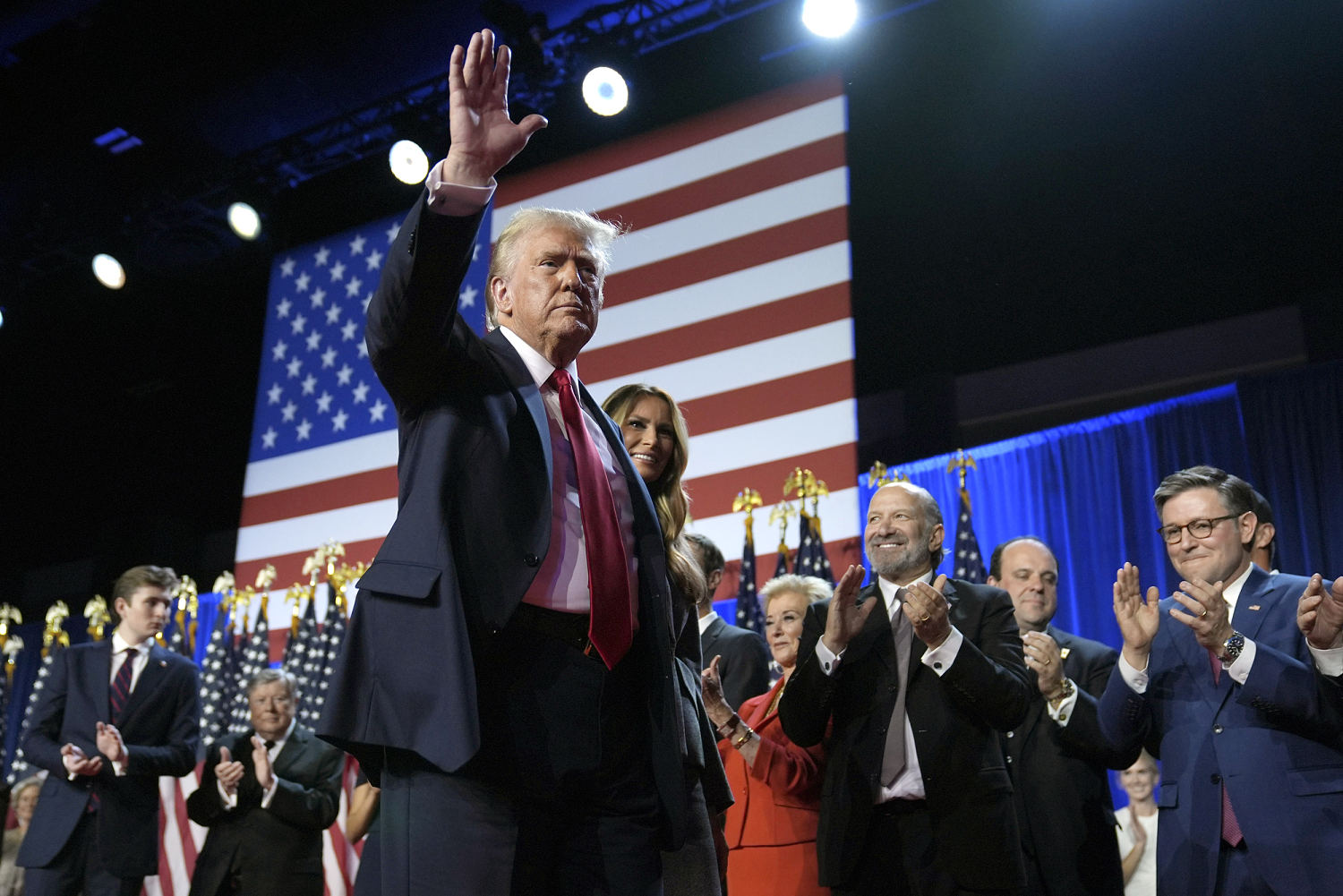
It’s impossible to game out exactly what a second Trump administration will mean for our country. There are too many variables and unknowns. There is, however, one underappreciated area where Trump could make an enormous impact in a short period of time, and that is in how government employees are hired and fired. He could severely weaken, if not dismantle, our system of civil service protection, which he took a first step toward weakening during his first term.
He could severely weaken, if not dismantle, our system of civil service protection, which he took a first step toward weakening during his first term.
In some ways, the federal government is like a container ship: vast, heavy and difficult for a president to turn on a dime. That is due in part to civil service protection — that is, the collection of laws and regulations that protect how people are hired, promoted and fired from federal government employment. This applies to federal employees who work on everything from national security to veterans’ affairs.
Civil service protection is a bedrock principle of how our federal government works. It dates back to 1883, and over 140 years we have generally broadened and strengthened those protections. The basic idea is that people who work for the government should be chosen and retained based on their qualifications for their jobs and their performance on those jobs and not on whether they are loyal to a particular president or political party. In fact, to ensure that such employees remain nonpolitical, civil servants are restricted, by a different federal law, from engaging in most political activities.
There are currently over 2 million federal employees who enjoy civil service protection. Approximately one-third are veterans who already served our country in other capacities.
The government functions better when it employs people whose qualifications include specific skills and expertise, as opposed to party affiliation and loyalty, and when people are not worried about political retaliation for doing their jobs. We certainly want people who work on issues related to national security to be selected based on experience and expertise, not favoritism and nepotism. Let’s take one federal agency, the Food and Drug Administration, as an example. Civil service protection gives scientists, who may or may not agree with the political agenda of an administration, the protection to do their jobs without fear of reprisals. Take that civil service protection away, and scientists who may not agree with, say, Trump’s vaccine skepticism can lose their jobs as the public loses their expertise. Civil servants are not political appointees; that is the entire point of having a professional civil service.
Could Trump really upend a set of laws and ideas that has been part of our government for more than half of its existence? Absolutely. Here’s how:
First, Trump could issue executive orders that would change or eliminate the rules and regulations affecting government employment. In fact, he already did that in 2020 at the end of his first term. He issued an executive order called Schedule F, which created a category of employees without civil service protection who work in “policy-related” positions. This was just one part of Trump’s attack on the “deep state.” President Joe Biden rescinded this executive order, which shows how easy it might be for Trump to simply reinstate it.
Second, Trump could direct the Office of Personnel Management, the federal agency in charge of federal employment, to eliminate, add or alter rules regarding how federal employees are hired, promoted and fired.
Third, and perhaps most dramatically, Trump could lean on Congress to pass legislation stripping all government employees of civil service protection, putting all 2.2 million at risk of being fired at will. Such a new law could also mean that Trump, and future presidents, would have the power to hire employees based on pledges of loyalty — as opposed to ability to do their jobs.
Fourth, Trump could use his existing presidential power to appoint federal agency heads who would either aggressively or subtly set the tone in their agencies that civil servants who do not fall in line and agree with the administration should be looking over their shoulders. Arguably, Trump already did this during his first administration.
Fifth, Trump could push Congress to pass federal budgets that include more funding for federal agencies that he believes are supporting his agenda and less funding for those that are not.
We could expect a big fight, likely to be led by career civil servants in any federal agency targeted by Trump.
We could expect a big fight over any of the above, likely to be led by career civil servants in any federal agency targeted by Trump, but, as always, it would come back to the judiciary. Trump has already appointed (and should be expected to appoint more) federal judges who might be considered likely to uphold these changes.
At bottom, the purpose behind civil service protection is that career government employees should be qualified individuals who serve the public, not the political goals of an administration. During the first Trump administration, resistance from inside the federal government came not just from elected Democratic lawmakers, but from civil servants, as well. For instance, during Trump’s first term, members of the State Department issued a “dissent cable” after Trump’s first attempt to implement a so-called travel ban. If Trump does away with some or all civil service protections, then he not only threatens to fire those with expertise but also stands poised to plow past another form of resistance to his agenda.
